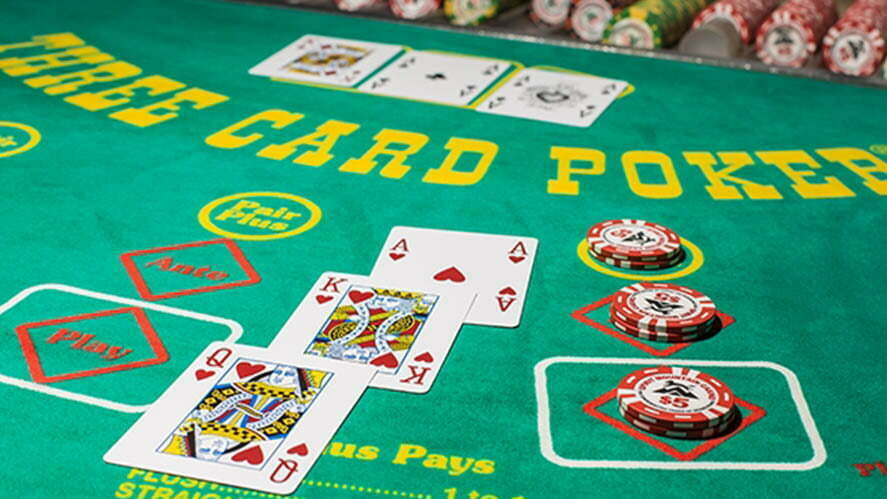For many years, poker – both in the casino and online – has had a reputation for being a game of chance, another casino game where the cards decide everything.
Yes, luck affects short-term results – but long-term success belongs to the players who think deeper, plan smarter and stay calmer than everyone else. Let’s look at why poker is far more than just a card game with random outcomes.
Probability: The backbone of every decision
At the core of poker lies probability. Skilled players continuously make quick calculations – often without being aware of it.
Count outs and understand odds
Every decision starts with the question: What is the probability that I will win if I continue? Players count their “outs” – the cards that can improve their hand – and rate this against the number of cards remaining in the deck. These metrics determine whether it’s right to call, fold, or raise.
Pot odds and expected value (EV)
Imagine that you are facing a bid. Should you call? An experienced player immediately assesses:
- How much is already in the pot
- How much they have to invest
- Whether the potential gain justifies the risk
This is expected value, and it distinguishes emotional choices from profitable choices.
In poker, intuition is good. Mathematics is better.
Strategy: The foundation for long-term success
Probability gives players a guideline, but strategy tells them how to use it. Poker strategy is holistic, dynamic, and developed over thousands of hands. Many of the principles that apply at the physical table also apply in digital poker rooms, and skilled players know how to transfer strategy seamlessly between both environments.
Position means everything
Your position at the table influences almost every decision. Players who act last get more information – who’s betting, who’s hesitating, who’s being aggressive – and use this to their advantage. This is just as important in traditional casinos as it is at virtual tables, where the pace is often higher.
Playing ranks instead of specific hands
Beginners think in exact cards. Professionals think in ranks: the set of hands an opponent can realistically hold. This allows for flexible and intelligent play. Online, especially on major platforms among the best Norwegian casinos, you meet players with different styles – which makes range-reading even more valuable.
Patterns, Habits, and Exploits
Poker is all about trends:
- Some bluff too often
- Some people call too much
- Some freeze under pressure
Strategy means identifying these patterns – and using them against your opponents. Over time, this turns into instinct, but it always begins as observation.
Luck matters – but doesn’t determine your career
Poker has variance. Anyone can win a hand. Anyone can even lose with aces-aces. But skills determine the direction, not the single moment. This is what allows professional players to make a living from poker, while others only experience occasional gains. At both live tables and casino poker rooms, the same patterns can be seen: the cards can be unpredictable, but your decisions don’t have to be.
Short-term vs. long-term result
Short-term: luck shines.
Long-term: strategy wins.
A beginner may win some big pots because of favorable cards, but after hundreds, thousands, or millions of hands, it’s the players who consistently make better decisions who are left with the profits. The best know that poker is a marathon, not a sprint – and they plan accordingly.
Variance doesn’t remove skills – it reveals them
Variance tests discipline.
Variance tests emotion control.
Variance separates gamblers from gamblers.
A good player understands that bad periods don’t mean that the strategy is wrong, but that variance does its job. They learn to deal with downs without changing a winning style of play. Bad players often get impatient, increase their risk, and try to “win back” losses – which rarely ends well. Over time, variance shows who is actually in control, and who only hopes for the best.
Conclusion: Poker is a game of luck — not the other way around
The next time someone says poker is just gambling, you know better. Beneath the surface of mixed cards lies a mixture of probability, strategy, psychology and nerves of steel. Luck can decide a hand, but skill determines career.
Whether you’re playing with friends or analysing final tables in professional tournaments, remember:
In poker, the best decisions – not the best cards – win in the long run.










